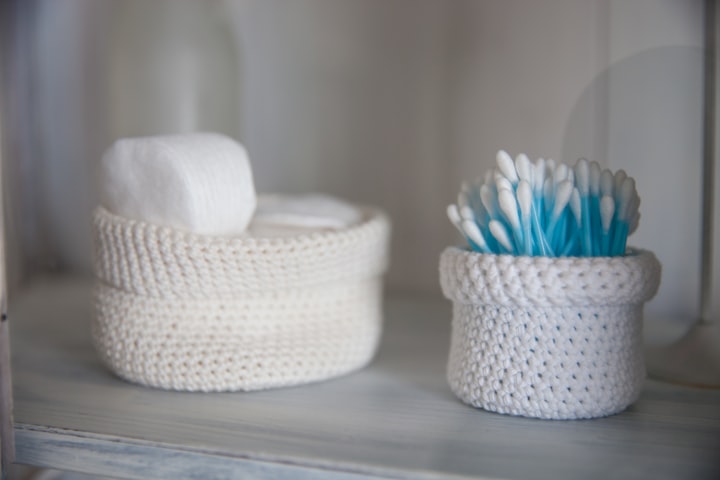A Guide to Essential Women's Hygiene: Taking Care of Your Health and Well-being.
Maintaining proper hygiene is essential for everyone.

Maintaining personal hygiene is essential for overall well-being and confidence. For women, understanding and practicing good hygiene habits are crucial to promoting physical health and self-esteem. In this comprehensive guide, we will delve into various aspects of women's hygiene, providing practical tips and insights to help you prioritize your personal care routine. From daily practices to specialized care, let's empower ourselves with the knowledge to achieve optimal hygiene.
Proper Disposal: Follow the recommended guidelines for disposing of used menstrual products. Wrap them securely and dispose of them in designated bins or sanitary disposal units to maintain cleanliness and prevent environmental pollution.
Hygiene During Menstruation: Change your menstrual products at regular intervals, maintain good genital hygiene by washing with water, and avoid using scented products that may disrupt the natural pH balance of the vagina.
Intimate Care (150 words):
Genital Hygiene: Clean the genital area gently using warm water and mild, unscented cleansers specifically formulated for intimate use. Avoid using douches, scented products, or harsh soaps, as they can disrupt the natural balance and cause irritation.
b. Urinary Health: Empty your bladder regularly and wipe from front to back after using the restroom to prevent the spread of bacteria and reduce the risk of urinary tract infections (UTIs). Women's intimate areas require special care and attention. When it comes to cleaning the vaginal area, it's essential to use gentle, unscented products specifically formulated for intimate use. Avoid harsh soaps, douches, or scented wipes, as these can disrupt the natural pH balance and increase the risk of infections.
During menstruation, change sanitary pads or tampons frequently to maintain cleanliness and prevent bacterial growth. Opt for breathable, cotton-based products to minimize irritation and discomfort.
After using the restroom, always wipe from front to back to prevent the spread of bacteria from the rectal area to the vagina. This practice can help reduce the risk of urinary tract infections.
c. Undergarments: Choose breathable, cotton underwear that allows proper airflow and absorbs moisture, reducing the risk of infections. Change your underwear daily and avoid tight-fitting clothing that can trap moisture and heat.
Daily Bathing and Cleansing :
A key aspect of personal hygiene is daily bathing or showering. Use warm water and a gentle, pH-balanced soap or body wash to cleanse your body. Pay attention to areas prone to sweating, such as underarms, feet, and the groin area. It's important to thoroughly rinse off to remove any residue and ensure cleanliness.
Beauty and Personal Care :
Skincare: Develop a skincare routine based on your skin type, including cleansing, exfoliating, moisturizing, and using sunscreen daily to protect against harmful UV rays.
Makeup Hygiene: Cleanse your makeup brushes regularly, avoid sharing makeup products, and discard expired cosmetics to prevent bacterial growth and skin infections.
Nail Care: Trim nails regularly, keep them clean, and avoid biting or picking at them. Proper nail care helps prevent the accumulation of dirt and reduces the risk of infections.
Conclusion:
Maintaining proper hygiene is crucial for women's health and well-being. By prioritizing menstrual hygiene, intimate care, and general hygiene practices, women can ensure they are taking proactive steps to safeguard their health, comfort, and confidence in their day-to-day lives.
Remember, good hygiene practices are a reflection of self-care and self-respect. By incorporating these practices into your routine, you are embracing a healthier and more confident you.Prioritizing personal hygiene is a powerful way for women to care for their bodies and boost self-confidence. By following these practical tips and incorporating them into your daily routine, you can maintain optimal hygiene and promote overall well-being. Remember, good hygiene habits are not only essential for physical health but also contribute to your overall self-image and empowerment. Embrace the knowledge and empower yourself to take charge of your personal hygiene for a healthier and happier you.






Comments
There are no comments for this story
Be the first to respond and start the conversation.